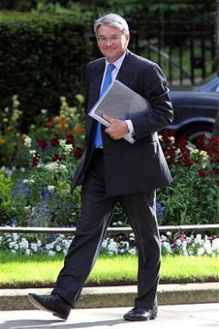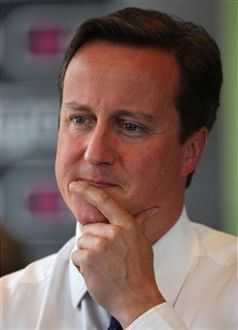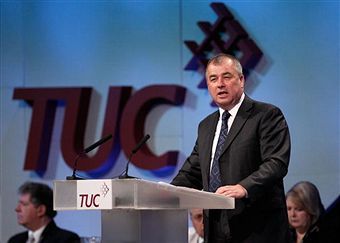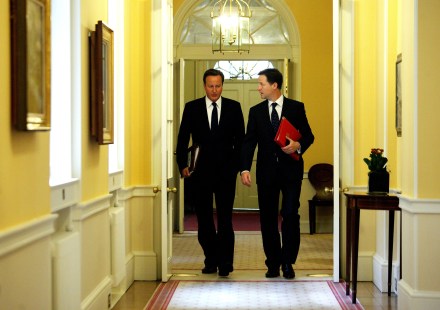How I learned to stop worrying and rate Nick Clegg
If Nick Clegg was a weak-willed, crowd-pleasing charlatan the the front page of yesterday’s Independent would not have read “Clegg: there is no future for the Lib Dems as a left party”. Turning up to a Lib Dem conference and saying there’s no point in being a party of lefty protesters is like William Shatner telling delegates at a Star Trek convention to “get a life”. He wants them to be a mature party of reform – many of them prefer to throw stones. His stance at conference is certainly courageous. And it fits a theme. For weeks now, Clegg has been surprising those (myself included) who did not take




















